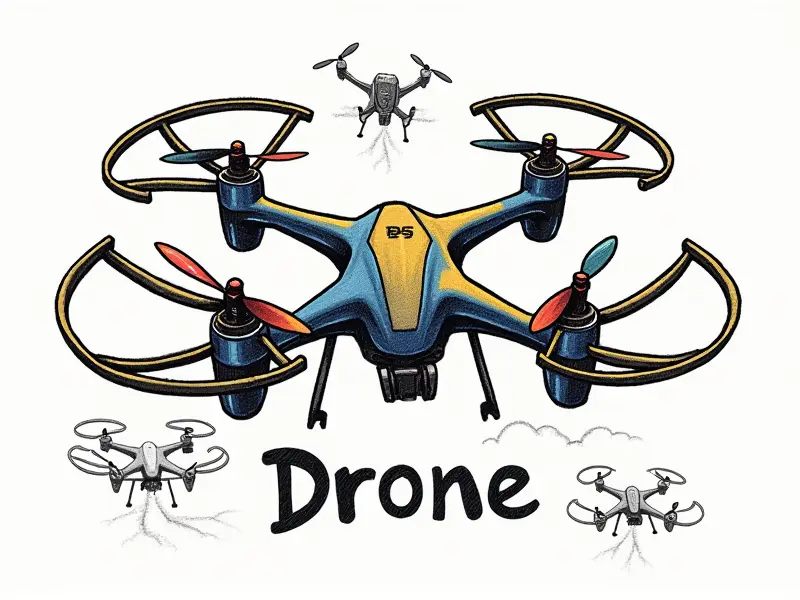Is Li-Po safe to use?

Are Li-Po Batteries Safe for RC Drones?
Lithium Polymer (Li-Po) batteries are the go-to power source for many remote-controlled (RC) enthusiasts, including those who fly drones. However, concerns about their safety have led to questions about whether they are suitable for use in RC applications like drones.
Is Using Li-Po Batteries Risky?
The primary risk associated with Li-Po batteries is the potential for overheating and fire due to improper handling or charging. While these risks exist, they can be mitigated through proper education and adherence to safety guidelines.
Li-Po Battery Safety Tips for Beginners
- Charge Safely: Always charge Li-Po batteries in a fireproof container with a charger designed specifically for Li-Po batteries.
- Monitor Voltage: Keep an eye on the voltage levels during charging and discharging to avoid over-discharge or over-charge conditions.
- Use Quality Chargers: Invest in reputable chargers that offer protection against over-voltage, under-voltage, and short circuits.
Li-Po Battery Hazards Explained
The main hazards of Li-Po batteries include thermal runaway, which can lead to fires or explosions. This occurs when the battery is exposed to excessive heat, physical damage, or incorrect charging conditions.
Safe Handling of Li-Po Batteries
- Avoid Physical Damage: Protect Li-Po batteries from punctures, crushing, and exposure to extreme temperatures.
- Proper Storage: Store batteries in a cool, dry place away from flammable materials. Use fireproof containers for added safety.
Li-Po Battery Fires: Can They Be Avoided?
The risk of Li-Po battery fires can be significantly reduced by following best practices such as using quality chargers, monitoring voltage levels, and avoiding over-discharge or over-charge conditions. Regular maintenance and inspection also play a crucial role in preventing accidents.
Ensuring Safety with Li-Po Batteries in RC Airplanes
RC airplanes require careful consideration when selecting and using Li-Po batteries due to the higher risk of physical damage during flight. Ensure that your battery is securely mounted and protected from impacts.
Common Li-Po Battery Hazards and How to Prevent Them
- Overheating: Use a charger with temperature monitoring features and avoid charging batteries in direct sunlight or near heat sources.
- Short Circuits: Inspect battery connectors regularly for wear and tear, and ensure that they are properly insulated to prevent accidental short circuits.
Li-Po Battery Safety for FPV Racing Drones
FPV racing drones often operate under high-stress conditions, increasing the risk of Li-Po battery failure. Use robust mounting systems and protective cases to safeguard batteries during intense flight operations.
Safe Practices for Using Li-Po Batteries in RCs
- Read Manufacturer Guidelines: Always follow the manufacturer's instructions for charging, discharging, and storing your Li-Po batteries.
- Use Protective Gear: Wear gloves when handling batteries to prevent accidental short circuits caused by metal objects.
Li-Po Battery Risks and How to Mitigate Them
The risks associated with Li-Po batteries can be effectively managed through a combination of proper education, adherence to safety guidelines, and regular maintenance. By taking these precautions, you can enjoy the benefits of Li-Po technology while minimizing potential hazards.
Conclusion
Lithium Polymer (Li-Po) batteries are an essential component for RC enthusiasts, offering high energy density and performance. While they do come with inherent risks such as overheating and fire hazards, these can be mitigated through proper handling, charging practices, and regular maintenance. By following the safety tips outlined in this article, you can ensure a safer experience when using Li-Po batteries in your RC applications.

